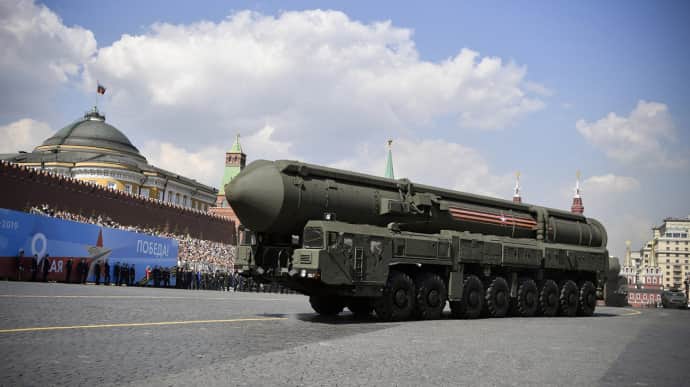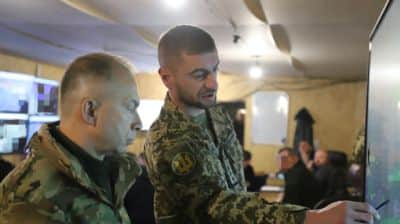Putin threatens West, but keeps shifting his "red lines" – ISW

Analysts at the Institute for the Study of War (ISW) believe that Russian ruler Vladimir Putin's statements demonstrate inconsistency in defining "red lines", which undermines the overall Russian escalation narrative.
Source: ISW
Details: Analysts believe that Putin's 21 November statement proves that Moscow's escalation rhetoric largely amounts to empty threats.
Putin's recent threats target Western nations supporting Ukraine's long-range strikes on "Russian territory". However, Ukrainian forces have long targeted occupied regions the Kremlin unlawfully claims, including Crimea, annexed in 2014. Analysts point out that since April 2023, Ukraine has repeatedly struck Crimea using US-provided ATACMS missiles and UK-supplied Storm Shadow missiles.
ISW analysts observe that the Kremlin's shifting rhetoric on "red lines" weakens its credibility. Despite repeated threats of retaliation against Western support for Ukraine, Russian authorities have consistently failed to follow through.
Quote: "Putin previously threatened severe retaliation if Western states provided Ukraine with rocket artillery, tanks, warplanes, and the ability to strike into Russia, and Putin has constantly shifted the goalposts every time the West has called Putin’s bluff."
To quote the ISW’s Key Takeaways on 21 November:
- Russian President [sic] Vladimir Putin intensified his reflexive control campaign aimed at Ukraine and its Western partners by conducting an ostentatious ballistic missile strike against Ukraine that used multiple reentry vehicles on 21 November.
- Putin explicitly threatened that Russia may attack Western countries that support Ukrainian deep strikes in Russia and rhetorically connected the 21 November ballistic missile strike to Russian nuclear capabilities – a marked intensification of an existing Russian information operation that aims to use explicit threats and nuclear sabre-rattling to discourage continued Western military support for Ukraine.
- Putin’s 21 November statement demonstrates that Moscow’s constant sabre-rattling largely remains rhetorical.
- Neither the Oreshnik ballistic missile strike nor Putin's 21 November statement represent a significant inflexion in Russian strike capabilities or likeliness to use a nuclear weapon.
- The Kremlin continues to demonstrate its full commitment to use the prospect of "negotiations" with Ukraine and the West to pursue nothing short of the total destruction of the Ukrainian state despite Russian President [sic] Vladimir Putin's efforts to posture himself as amenable to peace negotiations.
- North Korean troops are reportedly training alongside Russian naval infantry and airborne (VDV) units.
- North Korea's ability to learn and integrate lessons from fighting alongside Russia is likely to be significantly degraded if the Russian military command uses North Korean troops in the same highly attritional infantry-led assaults that it uses most Russian personnel.
- Russian forces recently marginally advanced in the main Ukrainian salient in Kursk Oblast southeast of Sudzha.
- Ukrainian forces recently advanced north of Vuhledar. Russian forces recently advanced northwest of Kreminna, southeast of Chasiv Yar, in Toretsk, southeast of Kurakhove, northeast of Vuhledar, and likely advanced northeast of Velyka Novosilka.
- The Russian State Duma adopted a three-year federal budget with record defence expenditures from 2025-2027.
Support UP or become our patron!





